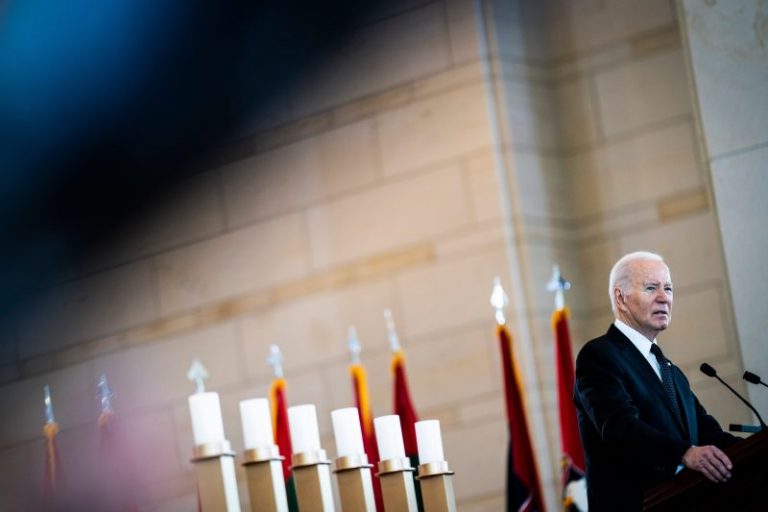In a recent development that has escalated tensions in the Middle East, President Joe Biden has issued a stern warning to Israel regarding the potential consequences of an invasion of Rafah, a city in the southern Gaza Strip. The President stated that if Israel were to proceed with a military offensive in Rafah, the United States would cut off the supply of offensive weapons to the Israeli military. This declaration comes at a critical juncture in the Israeli-Palestinian conflict, with simmering tensions threatening to erupt into a full-scale conflict.
The statement by President Biden reflects a significant shift in the traditional US policy towards Israel, which has historically been characterized by unwavering support for the Israeli government. By threatening to cut off offensive weapon supplies, the Biden administration is signaling a more measured and cautious approach to the Israeli-Palestinian conflict, indicating a willingness to hold Israel accountable for its actions.
The city of Rafah holds strategic significance in the Israeli-Palestinian conflict, as it lies on the border between the Gaza Strip and Egypt. Over the years, Rafah has been a flashpoint for violence and conflict, with both Hamas and other Palestinian factions using the city as a base for attacks against Israel. Any Israeli military operation in Rafah would have far-reaching implications for the already volatile situation in the region.
The threat of cutting off offensive weapon supplies to Israel is a clear indication of the Biden administration’s commitment to upholding international law and human rights standards. The United States has long been a key ally of Israel, providing military and financial support to the Israeli government. However, this latest development suggests a willingness on the part of the Biden administration to reevaluate its relationship with Israel in light of its actions in the occupied territories.
The timing of President Biden’s statement is crucial, coming in the wake of the recent flare-up of violence between Israel and Hamas in May that resulted in significant loss of life and destruction. The international community has called for a de-escalation of tensions and a return to the negotiating table to find a peaceful resolution to the Israeli-Palestinian conflict. President Biden’s warning to Israel serves as a reminder of the need for all parties involved to exercise restraint and work towards a lasting peace.
It remains to be seen how the Israeli government will react to President Biden’s statement and whether it will reconsider its plans for a potential invasion of Rafah. The threat of cutting off offensive weapon supplies casts a shadow over the already fragile situation in the region, underscoring the urgency of finding a diplomatic solution to the Israeli-Palestinian conflict.
In conclusion, President Joe Biden’s warning to Israel regarding the potential consequences of an invasion of Rafah marks a significant shift in US policy towards Israel and underscores the Biden administration’s commitment to upholding international law and human rights standards. The threat of cutting off offensive weapon supplies to Israel highlights the need for all parties involved to prioritize dialogue and negotiation in order to achieve a lasting peace in the region. The coming days will be crucial in determining the course of action taken by all stakeholders involved in the Israeli-Palestinian conflict.



